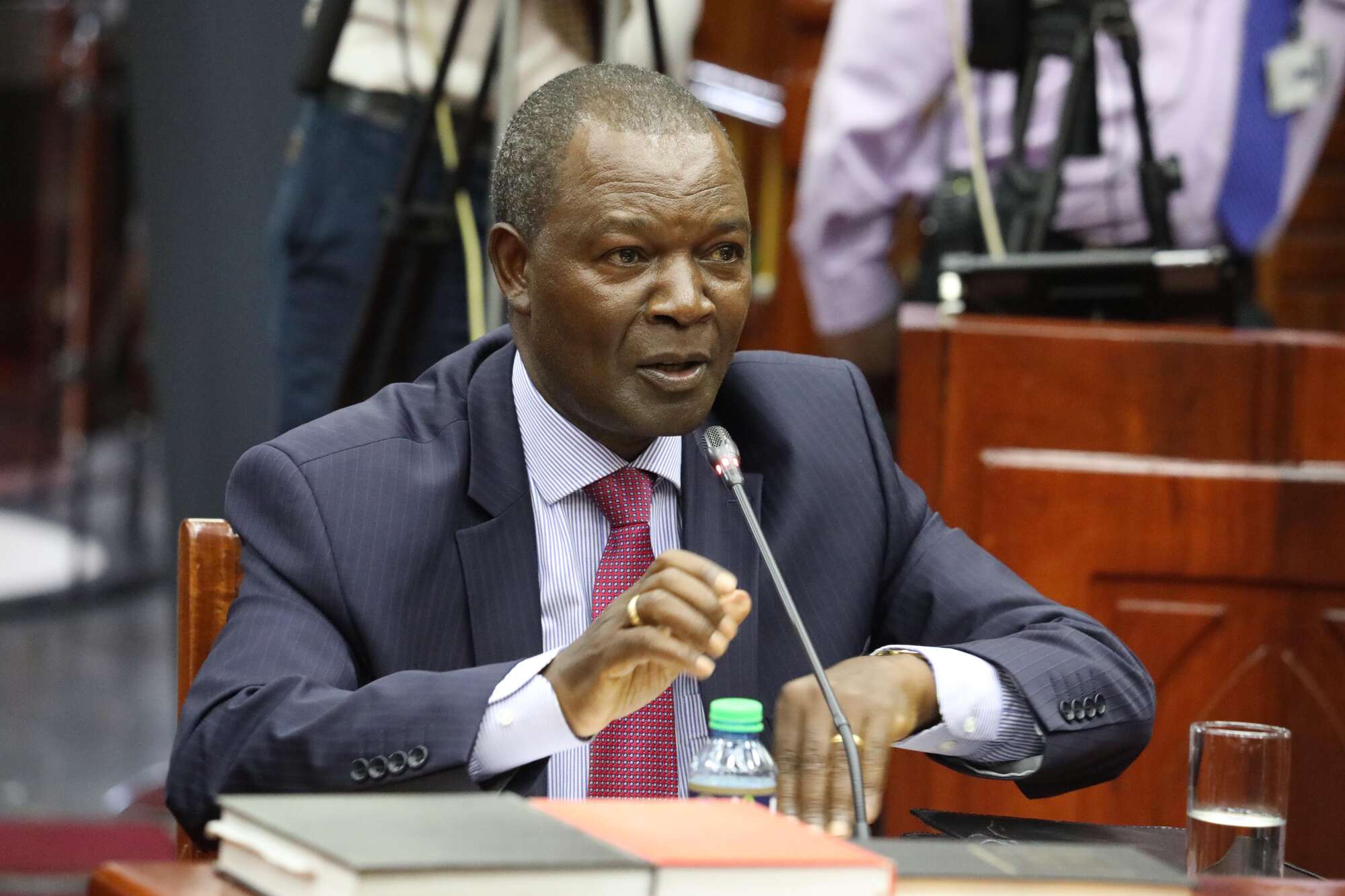Treasury defends, clarifies G-to-G oil deal, highlighting economic benefits

Prof. Ndung'u clarified that the G to G arrangement, initiated in early 2023, was a crucial measure to prevent an economic shutdown due to supply constraints
In response to recent media reports on Kenya's involvement in a government-to-government (G to G) oil import arrangement, the National Treasury and Economic Planning CS Njuguna Ndung’u released a statement condemning what they deemed as misreporting and deliberate misinterpretation of an International Monetary Fund (IMF) report.
Prof. Ndung'u clarified that the G to G arrangement, initiated in early 2023, was a crucial measure to prevent an economic shutdown due to supply constraints and U.S. Dollar liquidity problems. At that time, the monthly demand for US Dollars by the petroleum sector had reached approximately $500 million, posing a threat to the country's foreign exchange reserves.
More To Read
- MPs push for urgent funding boost for Auditor General’s office
- Treasury under fire for using Sh2.67 trillion in domestic loans on recurrent spending
- National Treasury secures Sh437.8 billion loan to plug budget deficit
- MPs raise alarm over alleged misappropriation of College of Insurance land
- MPs question rising debt despite Treasury’s reduced CBK borrowing
- National Treasury says weak revenue, high debt repayments straining Kenya’s budget
The primary objective of the G to G initiative was to stabilize the market and alleviate foreign exchange market pressures. Contrary to misleading assertions, the government had always planned to exit the arrangement strategically, allowing private sector players to assume a more prominent role. CS Ndung’u emphasized that the government's exit aligns with the pre-established timeline and objectives of the initiative.
Addressing concerns about the reported failure of the G to G approach, Prof. Ndung’u clarified that the quoted text in the IMF report specifically addressed the anticipated increase in rollover risk associated with private sector financing facilities supporting the arrangement, a predictable outcome given the financial structures involved.
The G to G arrangement provided an extended credit period for petroleum imports (180 days compared to the initial 30 days), freeing up about 30 per cent of the country's foreign exchange for other sectors. The arrangement significantly slowed down the depreciation of the Kenyan Shilling and prevented an economic downturn amid global economic challenges.
Since the inception of the G to G arrangement, none of the 136 Oil Marketing Companies have sought U.S. Dollars from the market, leading to the stabilization of the foreign exchange market. Additionally, the country has enjoyed security of supply of petroleum products, with no instances of product stockouts.
Prof. Ndung’u highlighted the economic benefits of the G to G arrangement, including the clearance of backlogs of swaps totaling $500 million and the absence of dividends repatriation delays, as indicated by a report by FTSE Russel in August 2023.
The National Treasury re-affirmed the importance of the G to G arrangement to the country's economy and assured stakeholders of full government support until the obligations in the current contracts are fulfilled.
Top Stories Today














































